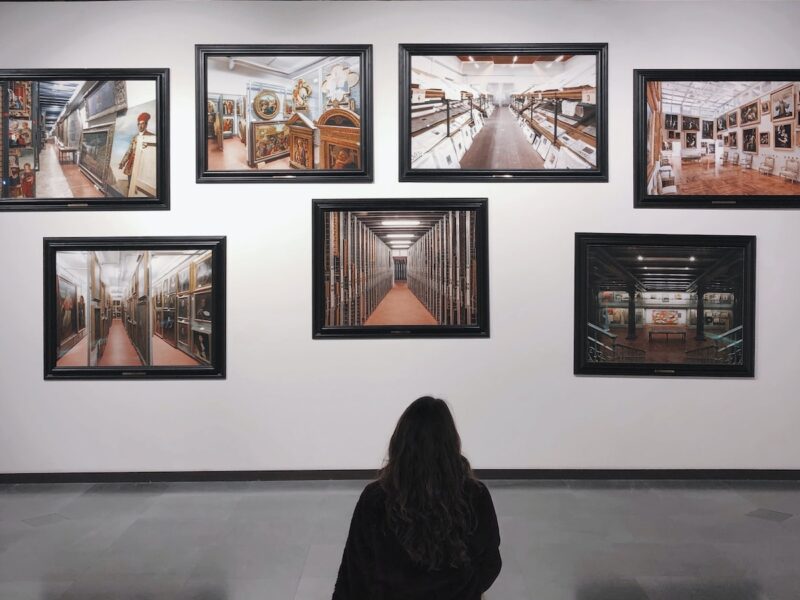In general, medical professionals have to go through a serious amount of college-level education to get their respective degrees. The journey through medical school for doctors, nurses, surgeons, and all other medical practitioners is long and protracted, to say the least, and also very costly.
But, there are definitely ways to legitimately learn medical knowledge outside of the typical college system, including going to HIPAA webinars, using YouTube resources, volunteering at hospitals, interviewing people already in the medical field, and checking out digital libraries that are available.
HIPAA Webinars
By taking the time to attend HIPAA seminars, you’ll get to learn about the privacy and cybersecurity aspect of medical law. Whereas this doesn’t have to do with cutting people open or getting rid of their diseases, it’s still one of the most important aspects of keeping medical propriety intact. Without compliance to HIPAA regulations, personal medical information would be flying around like the Wild West of data flow, and entire livelihoods could be ruined with the press of a few buttons. It’s definitely a part of your medical lexicon that you should pay attention to as early as possible.
YouTube Resources
Though you’re always going to want to fact check, using YouTube to look up medical terms is one thing that many college students have found helpful. Because the format isn’t quite so rigid in terms of learning, that additional resources of video and audio can be a lifesaver if other methods of learning with the teacher in the classroom concept not hitting the total target.
Volunteering
Another great way to gain medical knowledge outside the college realm, but for the college purposes, is to volunteer at hospitals. This way you get a firsthand look at how doctors and nurses operate, and even if you’re just tasked with menial things, or even if you’re just meant to keep patient happy, distracted, or occupied, you’ll gain a tremendous amount of knowledge from each experience, without necessarily being responsible for a whole lot either.
Interviewing Medical Practitioners
For people interested in the medical profession from a journalistic standpoint, there’s always the classic interview route as well. Simply by asking anyone in the field if they’d be willing to sit down with you for a half hour some time to tell their story is a fantastic way to get insider information that there’s no way you could get otherwise.
Digital Libraries
And finally, there are a number of digital lending libraries out there that deal with explicit topics like medical education. These aren’t necessarily the same resources that you would get through your college channels, so they’re worth a look to see how others approach similar topics and methods.



